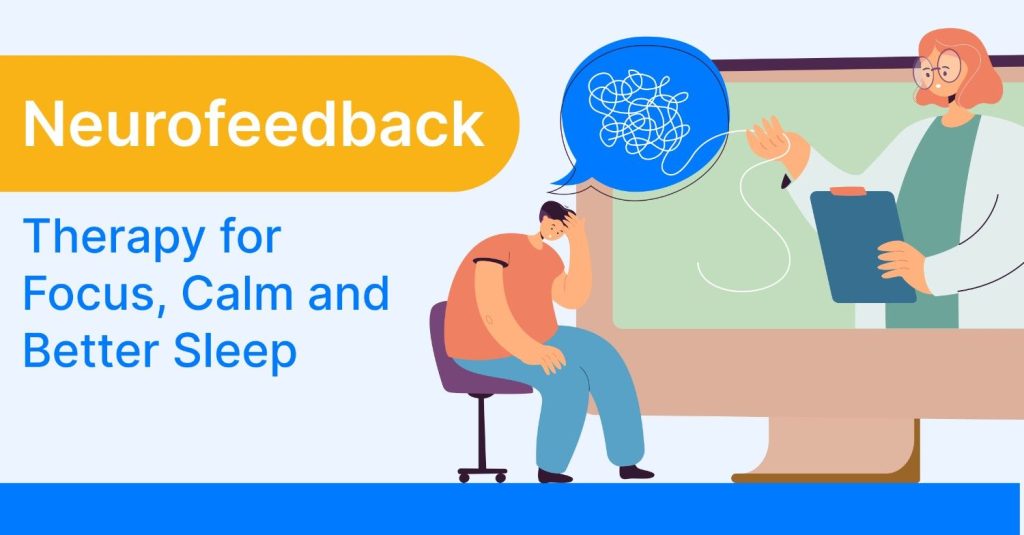You may be proud of yourself for having really high standards as a perfectionist. But if that’s the case, why are you always dissatisfied?
Perfectionists are regarded as intelligent, focused, and goal-oriented. They know exactly what they want and how they want it. There’s no room for error and the end result has to be…well…perfect. This behaviour may be appreciated but can be detrimental to not only people working with a perfectionist but to the person himself/herself as well.
This is because a perfectionist demands high-standards from others, as well as themselves. It’s very hard to please them and neither are they too satisfied with what they do on their own either. All in all, perfectionists in general, are forever miserable.
Types of perfectionists
- Socially prescribed perfectionists—they believe that others will value them only if they are perfect.
- Other-oriented perfectionists—they demand perfectionism from others.
- Self-oriented perfectionists—they live with an internal desire to achieve perfection.
Most experts agree that the first type of perfectionism is the most lethal as it can harm a person’s relationships.
5 ways in which perfectionism comes in the way of your day-to-day life:
You set yourself up for failure
Perfectionists usually end up setting up some really unattainable goals for themselves. And when they don’t succeed, they tend to beat themselves up over it. This behaviour gets them caught in a vicious cycle of setting unrealistic goals and failing.
You constantly have negative thoughts
You have a toxic way of thinking. Simply put, your brain is filled with ANTs (Automatic Negative Thoughts), mainly the All-Or-Nothing type (that things are either all good or all bad) that you can’t seem to gain control over.
For example: Suppose you cook a meal for your beloved on a date and screw up one food item. Instead of moving on, you would be constantly thinking about how you messed up and will be obsessing over it. This would interfere in your private time with your partner, eventually ruining an otherwise pleasant evening.
You end up procrastinating
In order to produce the perfect end result of the task that you’ve taken up, you’ll end up doing excessive research. Ultimately, you end up having no time, and just to meet the deadline, you pull together something to hand over. All that effort, for what right? And after all this, you end berating yourself up for having done a shoddy job.
You struggle with mental health illnesses
Research has shown that perfectionists often struggle with mental health issues such as anxiety and depression. A link between suicide and perfectionism has also been found where researchers noticed a pattern between people having high expectations from themselves and therefore ending their lives, after failing to meet these.
You battle with eating disorders
Many perfectionists have high standards regarding their self-image and often struggle with eating disorders such as anorexia and bulimia. They have a fear of gaining weight and hence resort to unhealthy eating habits to stay thin.
How can you attain freedom from toxic perfectionism?
Discuss your goals with someone
As a perfectionist when you set goals for yourself, you won’t realize how unrealistic they could be. Therefore it’s a good idea to discuss them with a friend or family member. They can act as your sounding board and can tell you whether your goals are attainable or not.
Actively work towards killing your ANTs
This requires work but with consistency and practice, your ANTs can be reduced. One way to do this is by writing down your negative thoughts. This way, you can release as well as recognize them.
Brain training
This is the fastest and the most permanent way for you to get rid of your toxic perfectionism as well as the mental illnesses associated with it. Perfectionism arises due to a disbalance in your brainwaves and a weak functioning PFC (prefrontal cortex, which is responsible for carrying out cognitive functions such as memory, moods, concentration), etc.
Brain training technology Neurofeedback restores the imbalance in the brainwaves and makes your PFC work at its optimal level by getting rid of old, rigid neural pathways and created new, desirable ones. To learn more about this technology, visit https://wetrainbrains.com/how-it-works/





